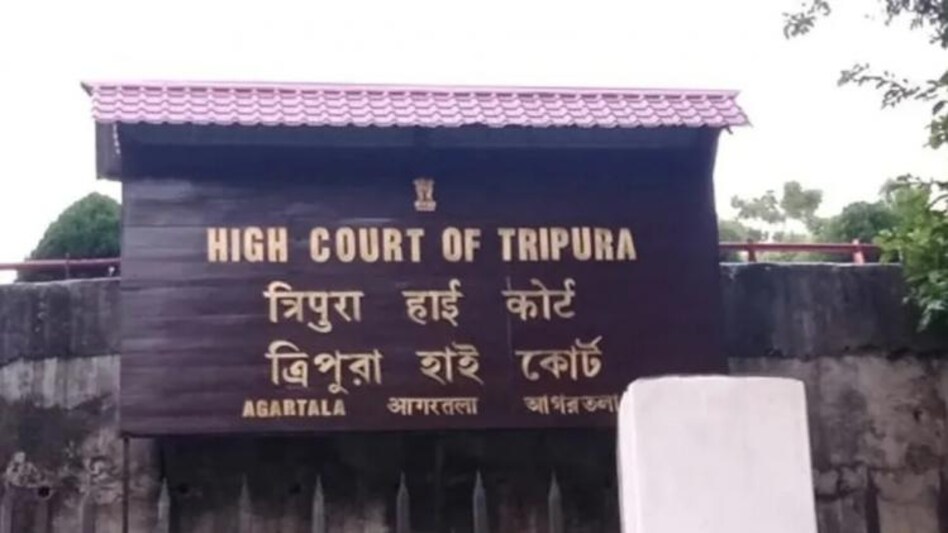R.K. Agrawal, J.@mdashThis appeal, filed u/s 35G of the Central Excise Act, 1944 is against the order dated 30th November, 2004
We have heard Shri A.K. Rai, learned Standing Counsel for the appellant and have perused the impugned order of the Tribunal.
2. It appears that a demand of interest has been raised by the Revenue on the ground that as per the provisions of Section 47 of the Customs Act, the duty was to be paid within two days excluding holidays on which the bill of entry was returned to the respondent for payment. The demand of interest has been raised on the ground that the TR-6 challan showing the payment of duty in respect of the bill of entry Nos. 0002/01 and 0003/-1 both dated 1-2-2001 was made after delay of five days and seven days whereas in respect of bill entry No. 004/01 payment was made after 10 days. We find that the Tribunal has held that the payment was made by the demand draft on 23rd March, 2001, 24th March, 2001 and 10th April, 2001 respectively i.e. within two days of the return of the bill of entries after the assessment to the respondents. The Tribunal has held that the date on which the demand draft was deposited in the bank shall be treated to be the date of payment even though TR-6 challans were presented to the Customs Authorities at a subsequent date The Tribunal has relied upon the decisions of the Apex Court in the case of
3. In view of the aforementioned facts, we find that there is no infirmity in the order of the Tribunal. It does not raise any question of law. The appeal is devoid of any merit and is dismissed.

